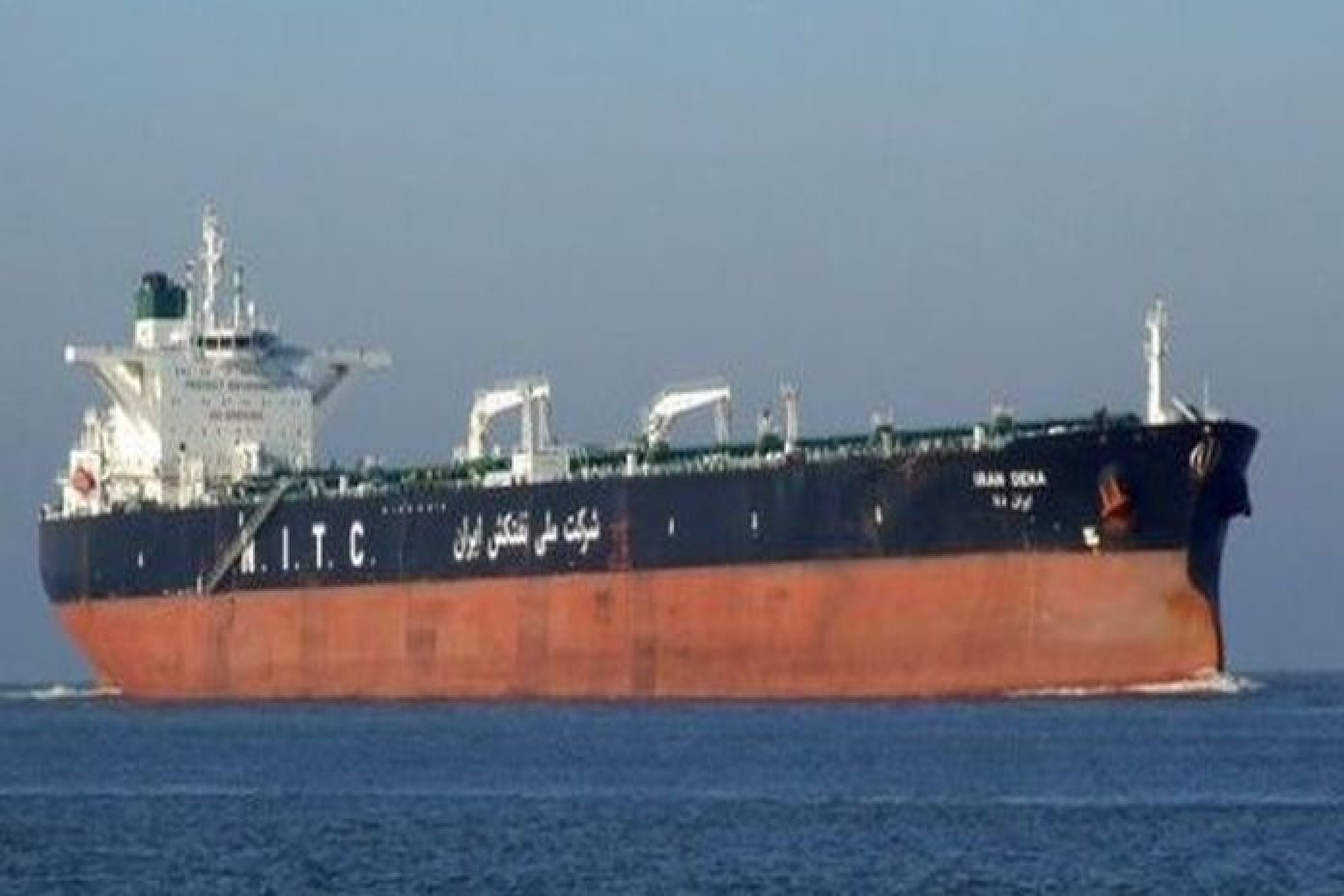The energy ministry on Sunday called on oil traders to demonstrate the “maximum responsibility” as the conflict in the Middle East sent oil prices soaring over the weekend.
Meanwhile, the ministry’s consumer protection service said it is “monitoring wholesale and retail fuel prices on a daily basis”.
The ministry said that in the event that companies in Cyprus attempt to sell fuel at prices which are “not justified” by global price increases, the consumer protection service will “immediately recommend to the minister [George Papanastasiou] that measures be adopted”.
As such, it said, it “appeals to all oil trading companies to demonstrate the maximum responsibility and to avoid pricing practices which do not reflect the actual market data”.
“Ensuring transparency and protecting consumer rights are the ministry’s highest priorities,” it added, saying that it maintains “full operational readiness for immediate intervention if deemed necessary”.
The BBC had written on Saturday that the benchmark price of brent crude oil had already risen by 10 per cent since Thursday, with traders said to be “concerned that a conflict between Iran and Israel could disrupt supplies coming from the energy-rich region”.
Meanwhile, multiple reports suggested that Iran was considering blockading the Strait of Hormuz, a chokepoint between the most northerly point of Oman and Iran’s southern coast, which provides the only seaborne access between the Persian Gulf and the open ocean.
Iran’s state run Press TV quoted Iranian MP Esmaeil Kowsari as having said that Iran is “considering” blocking the strait.
Euronews wrote that around 20 per cent of global oil passes through the Strait of Hormuz, including European imports from Saudi Arabia, Qatar, and the United Arab Emirates.
As such, if the strait were to be closed, energy prices would spike, and Europe could face energy shortages.






Click here to change your cookie preferences